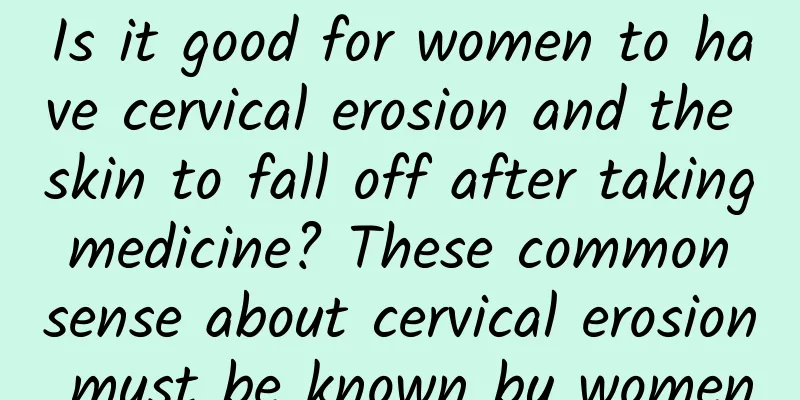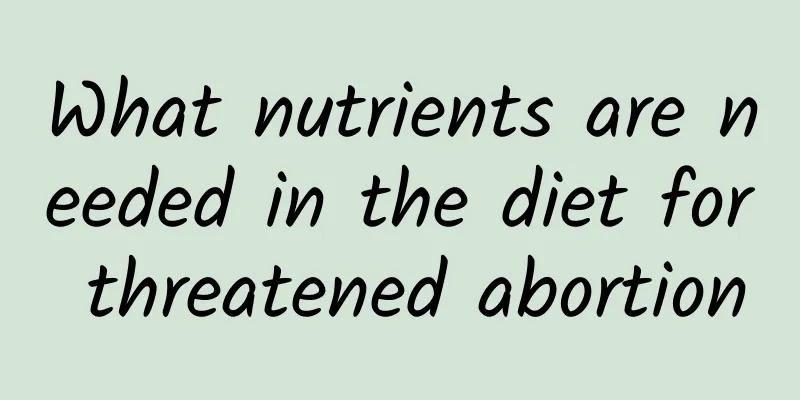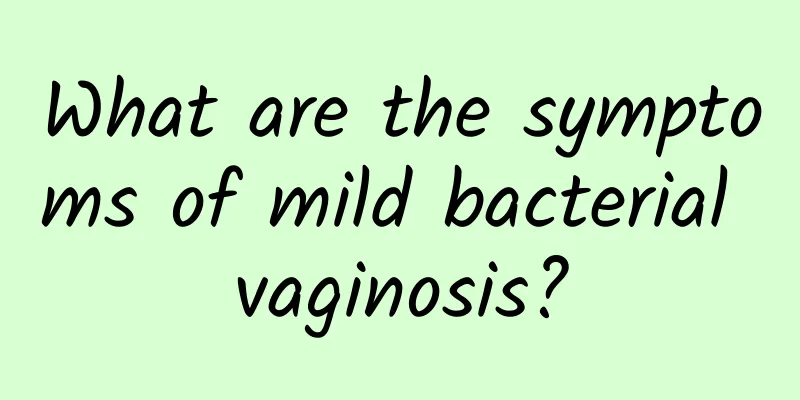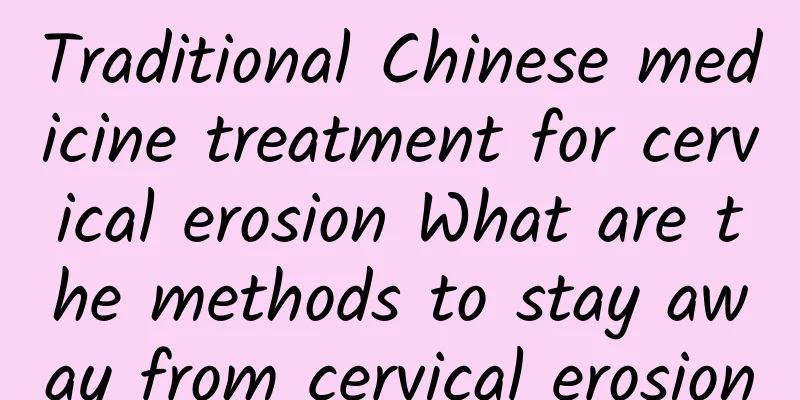What should I not eat after a painless abortion? What should I eat to keep healthy after an abortion?

|
What can't you eat after a painless abortion? What can you eat to keep healthy after an abortion? Painless abortion is a common type of modern gynecological surgery. It plays a significant role in terminating early pregnancy and treating gynecological diseases. However, after a painless abortion, you need to pay special attention to your diet to avoid unnecessary harm to your body. Let's take a look at what you can't eat after a painless abortion and introduce some dietary suggestions suitable for recovery. After a painless abortion, you need to avoid eating the following foods: 1. Spicy foods: such as peppers, ginger, onions, garlic, etc. These foods will irritate the digestive tract mucosa, causing gastrointestinal discomfort, and even cause diarrhea and other uncomfortable symptoms. 2. Greasy food: Greasy food is difficult to digest and can easily cause uncomfortable symptoms such as bloating and constipation, affecting the body's recovery. 3. Seafood: Seafood should not be consumed because it can easily cause indigestion and allergic reactions. 4. Cold drinks and stimulating drinks: Cold drinks and stimulating drinks can cause uterine contractions and increase the risk of infection, so try to avoid eating them after a painless abortion. 5. Coffee, tea and alcohol: Substances such as caffeine and theophylline in these drinks will stimulate the nervous system, causing the body to be in an excited state, which is not conducive to the body's recovery. After a painless abortion, you should focus on the following points in your diet: 1. Drink more water: Appropriate water intake helps promote metabolism, eliminate waste from the body, and maintain normal functioning of the body. 2. Eat more fiber-rich foods: such as vegetables, fruits, whole grains, etc. Fiber can promote intestinal motility, relieve constipation, and maintain the health of the digestive system. 3. Supplement protein: Protein is an important substance for human cell repair and regeneration. Appropriate intake of protein helps wound healing and body recovery. 4. Increase vitamin intake: After an abortion, the body is in a relatively weak state. Appropriate supplementation of vitamin C, vitamin E, etc. can help improve immunity and promote wound healing. 5. Eat a moderate amount of iron-containing foods: Iron helps to replenish the iron deficiency caused by blood loss. You can eat iron-rich foods such as lean meat, beans, and fish. In short, after a painless abortion, it is very important to pay attention to diet. Avoid spicy, greasy food, stay away from seafood and cold drinks, and consume less coffee, tea and alcohol. At the same time, increase water intake and eat more foods rich in fiber, protein, vitamins and iron. This is beneficial to the body's recovery and reduces the occurrence of complications. I hope these precautions can provide some reference for women who have undergone painless abortion and help them recover their health better. |
<<: What causes uterine fibroids? What should an unmarried girl do if she has uterine fibroids?
Recommend
Female friends should pay attention to the causes of cervical erosion
Cervical erosion has brought great harm to female...
Drinking tea can help you lose weight. Wu Mingzhu recommends this fat-burning tea...
The weather is chilly, so drinking a cup of tea c...
How to relieve severe dysmenorrhea? Try these 4 tips
Dysmenorrhea is a phenomenon that many people fin...
What causes second-degree cervical erosion? Women should pay attention to these causes of cervical erosion
Clinically, cervical erosion is more common in ma...
No pain from exercise! Experts teach 3 exercises to prevent discomfort
As the trend of health care becomes more popular ...
How to prevent pelvic peritonitis
Pelvic peritonitis is the most common infectious ...
How much does uterine fibroid surgery cost?
Although uterine fibroids are a disease in which ...
What are the common causes of cervicitis?
Cervicitis is a common gynecological disease amon...
Three principles of slimming and light eating: vegetable soup helps lose weight
With the arrival of spring, it’s time to get rid ...
There are four methods for treating chronic cervicitis
What are the methods for treating chronic cervici...
What is the TCM treatment for pelvic inflammatory disease?
What is the Traditional Chinese Medicine treatmen...
How to check for vaginitis
Methods for examining vaginitis include physical ...
In life, we should be on guard against the causes of uterine fibroids in time
Among gynecological diseases, uterine fibroids ar...
Multiple sexual partners caused her to suffer from pelvic inflammatory disease
Lily is a beautiful girl, but she doesn't lik...
Cleanse the intestines and detoxify! 11 must-drink slimming teas
For many busy office workers, they rely on eating...









